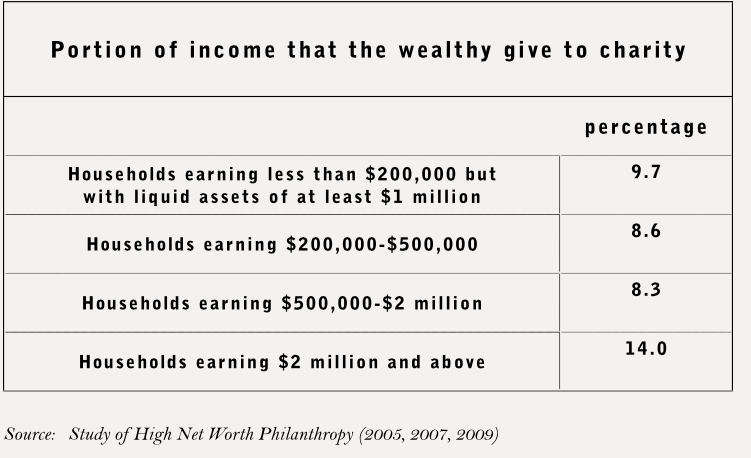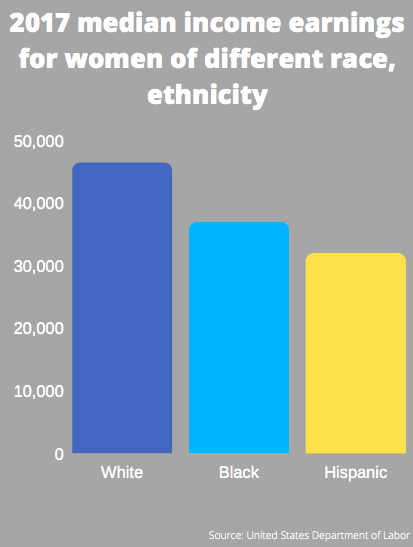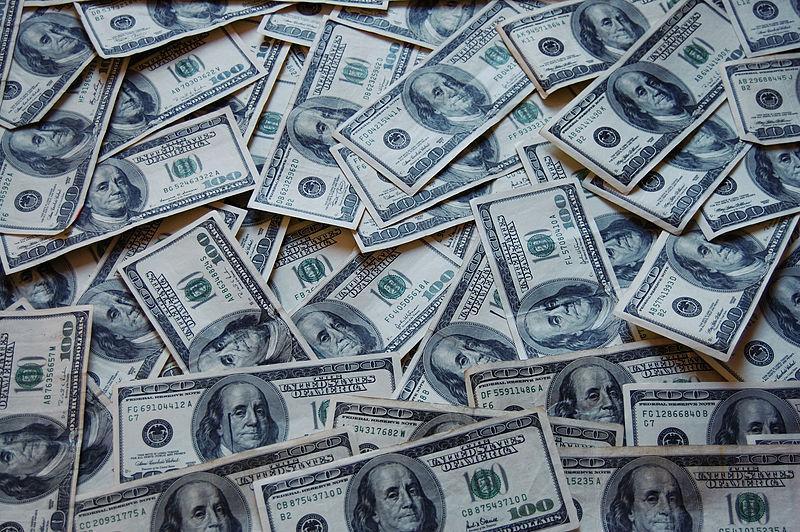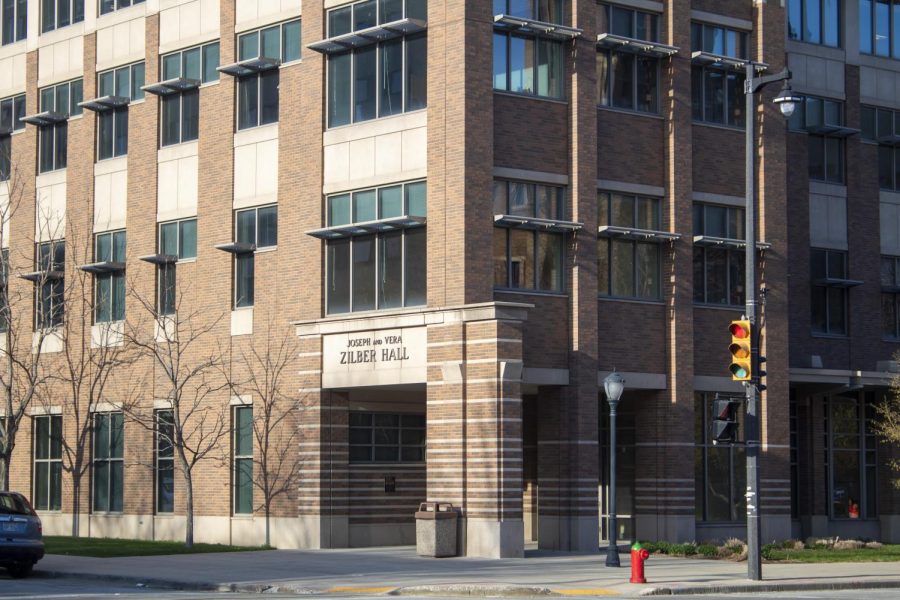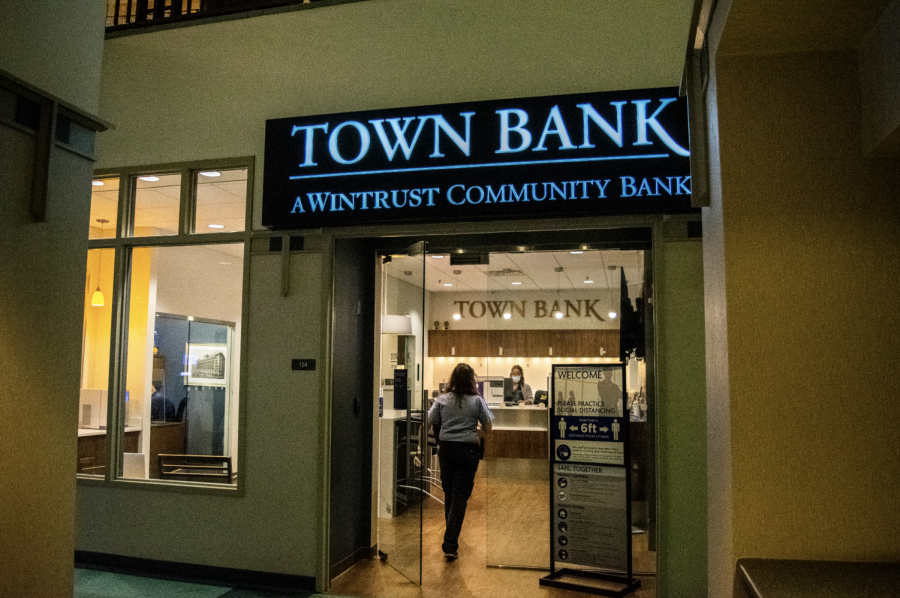The exploitative business and financial practices of the ultra-rich in this country have been fueled by a desire to dodge taxes, accumulate wealth by any means necessary and, most importantly, sustain and contribute to the system of inequality that consistently benefits them financially.
Billionaires are harmful to the common welfare.
I would argue that capitalism is not designed to benefit the whole but rather the powerful few — the few, of course, being the elite wealthy people who live among us. The role that billionaires play in all of our lives is undeniable. Even if you don’t know it, billionaires play a significant role in our society and their aggressive practices have financial ramifications on our society’s individuals.
To give an idea of just how rich this elite group of people is, the 400 richest Americans own more wealth than the bottom 150 million adults in America. At a glance, this is obviously a troubling number for the distribution of wealth in the United States.
On the other hand, however, a justification for hoarding this much money is the director of the Center on Wealth and Philanthropy Paul Schervish’s estimation that 30% of all charitable donations in U.S. come from just the top half of the 1%.
While the statistics pertaining to the charitable contributions from the 1% showcase a positive trend of how they distribute their vast excess wealth, the reality of where these contributions, grants and donations end up is quite alarming.
For example, only about 9% of grant money generated from big philanthropy makes its way to communities of color in U.S. This statistic alone encapsulates how, fundamentally, the idea of big philanthropy is marred by hedonistic desires and self-serving loopholes. One example is the carried interest loophole that benefits private equity owners and hedge funds by only requiring them to pay a capital tax and not an income tax, which is significantly higher.
Furthermore, a large percentage of these donations are designed to end up right back in the pockets of the individuals who gave it away — not the ones who were meant to receive it. Wealthy individuals do this by using various tax loopholes and systematic encourage of spending in certain areas of our economy.
When you consider things such as donor advised funds, which allow individuals to put money in a temporary account to be donated whenever the person sees fit while still getting the immediate tax write off, it becomes more clear how these wealthy individuals are taking advantage of the system. The charity, in this case, is not the problem. Rather, it is problematic that this kind of fund is used to receive a tax write off when it is convenient. A tax write off is one of the main ways wealthy individuals avoid paying the full amount of taxes.
Other popular charitable groups include things such as 501c4s, or civic groups, which are designed to support political and social organizations such as the National Rifle Association and AARP. This may sound harmless, but the fact that these donations are often anonymous allows individuals to fund legislation that benefits them without anybody knowing.
This is dangerous to our nation. The fabric of our democracy is being compromised by plutocrats, or individuals who gain their power from having wealth. These individuals are using their wealth to fund campaigns for candidates who will favor their needs and support lobbying for legislation beneficial to their agendas through these civic groups that propagate their message to the public.
It pains me when I see disgustingly wealthy people like Mark Zuckerberg or Mike Bloomberg being praised for their donations. The fact that they have to make donations in the first place is a shining example of how they have increased wealth disparity in our country.
These billionaires, and even millionaires, are getting all the credit for helping to solve the problems in our country, but none of the credit for contributing to the formation of the problems.
Consider the role the Sackler family played in the opioid crisis, the Koch brothers’ role in fueling climate change, Bill Gates’ role in the polarization of education and Jeff Bezos’ role in handcuffing the economic opportunity of a number of companies.
We have been manipulated into financially favoring billionaires — via tax loopholes, finance-based lobbying and a lack of government regulation on business practices — who give donations, rather than the countless number of people who end up needing those donations.
We have inadvertently and unintentionally allowed an aristocratic class to form within our society that preys on our flawed economic system and uses the wealth they amass from it to control almost every democratic aspect of our society.
Our systems propensity to allow billionaires to exist has neutralized our collective voices and thus left our fates in the hands of those who are more wealthy than us by virtue of depending on them to use their financial prowess to help solve the very issues they have created in our society. What we get from allowing billionaires to exist is nowhere near the value of what we are giving up.
We need to tax the rich, we need to limit the power that their wealth grants them and we need to create an economic system that is conducive to more reliable distribution of wealth. Having billionaires is not a sign that our system is working; it is a sign that it is failing the vast majority of citizens within it.
Our society needs to snap out of the fugue state that has been caused by the American dream’s persistent whispers of luscious promises of a decadent future that will never come. This is simply not the reality.
The reality is that without the general public’s consent, the elite group of wealthy people among us are deciding how to characterize the very society in which we live.
We still have a voice. We can still make a change, but we have to act now through a reexamination of our economic system and changing the distribution of power within that system.
This story was written by Beck Andrew Salgado. He can be reached at [email protected].

